Entertainment
10 Food Myths That Need to Be Squashed
By Jake Beardslee · March 4, 2024
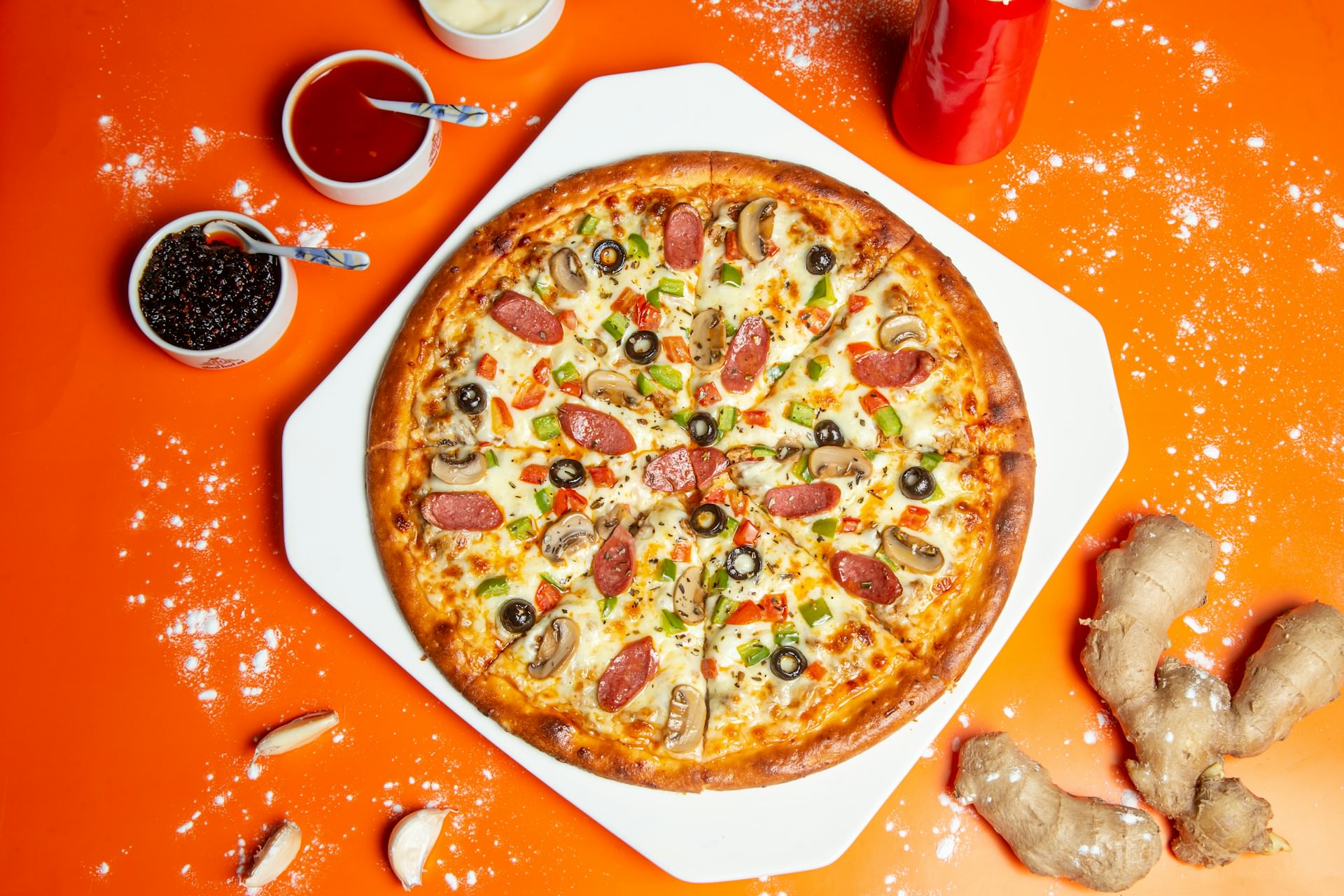
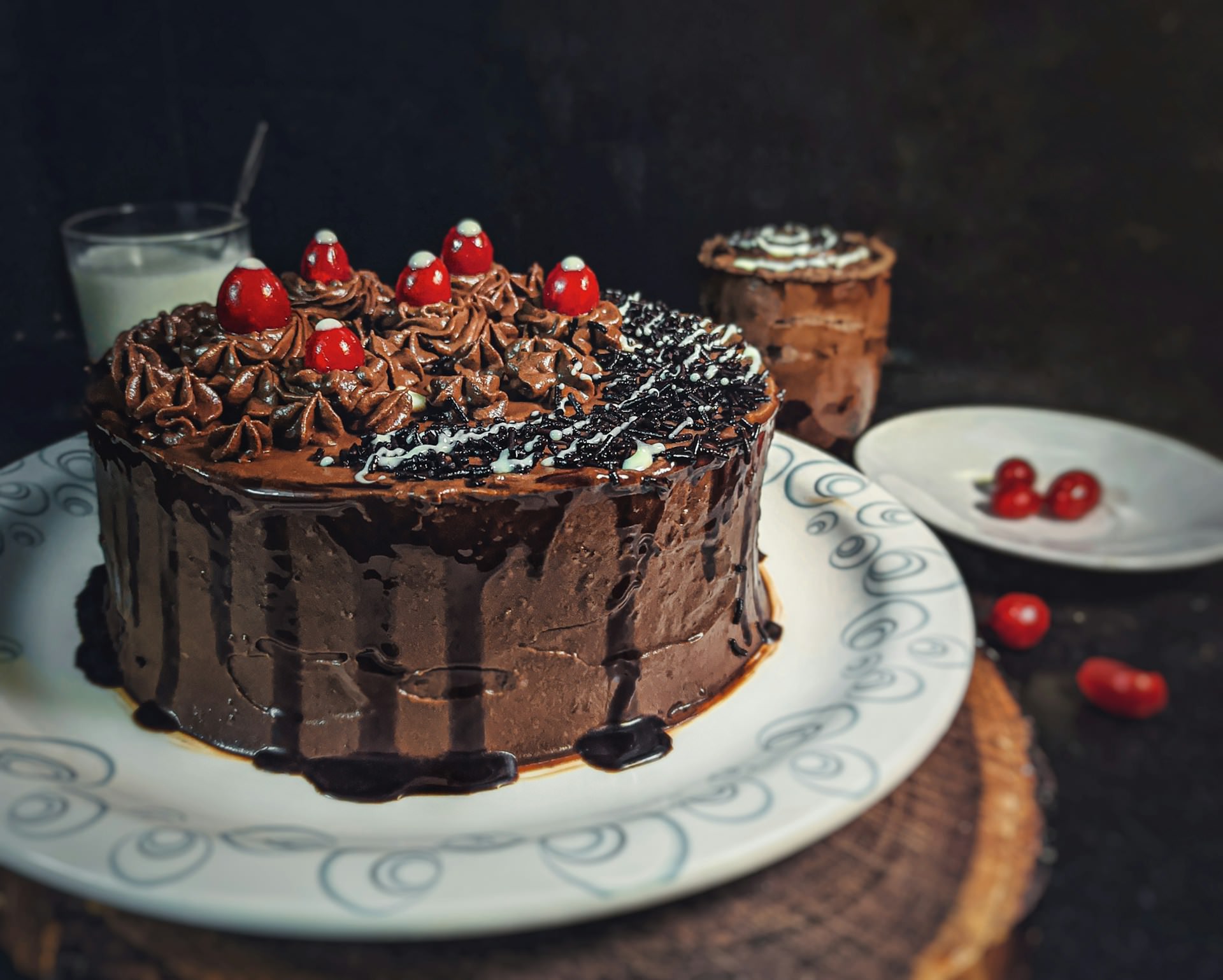
The Chocolate Cake That's Not So German
While German chocolate cake may sound like it hails from the land of lederhosen and bratwurst, it's actually an American invention. The "German" in the name refers to the type of chocolate used, which was created by a man named Samuel German for the Baker's Chocolate Company. So the next time you indulge in that coconut-pecan frosted delight, you can savor its Texan roots. Umesh Soni/Unsplash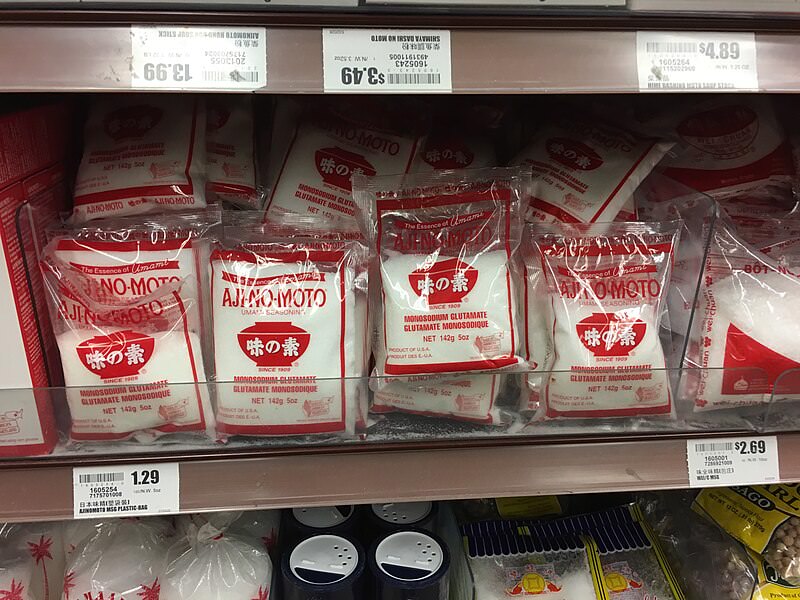
MSG: The Misunderstood Flavor Enhancer
For decades, monosodium glutamate (MSG) has been unfairly vilified as a harmful additive, particularly in Asian cuisine. However, numerous studies have failed to establish a definitive link between MSG and adverse health effects. In fact, many popular snacks like Doritos and Cheetos contain this umami-boosting compound. It's time to stop demonizing MSG and appreciate its role in enhancing flavors. FASTILY/Wikimedia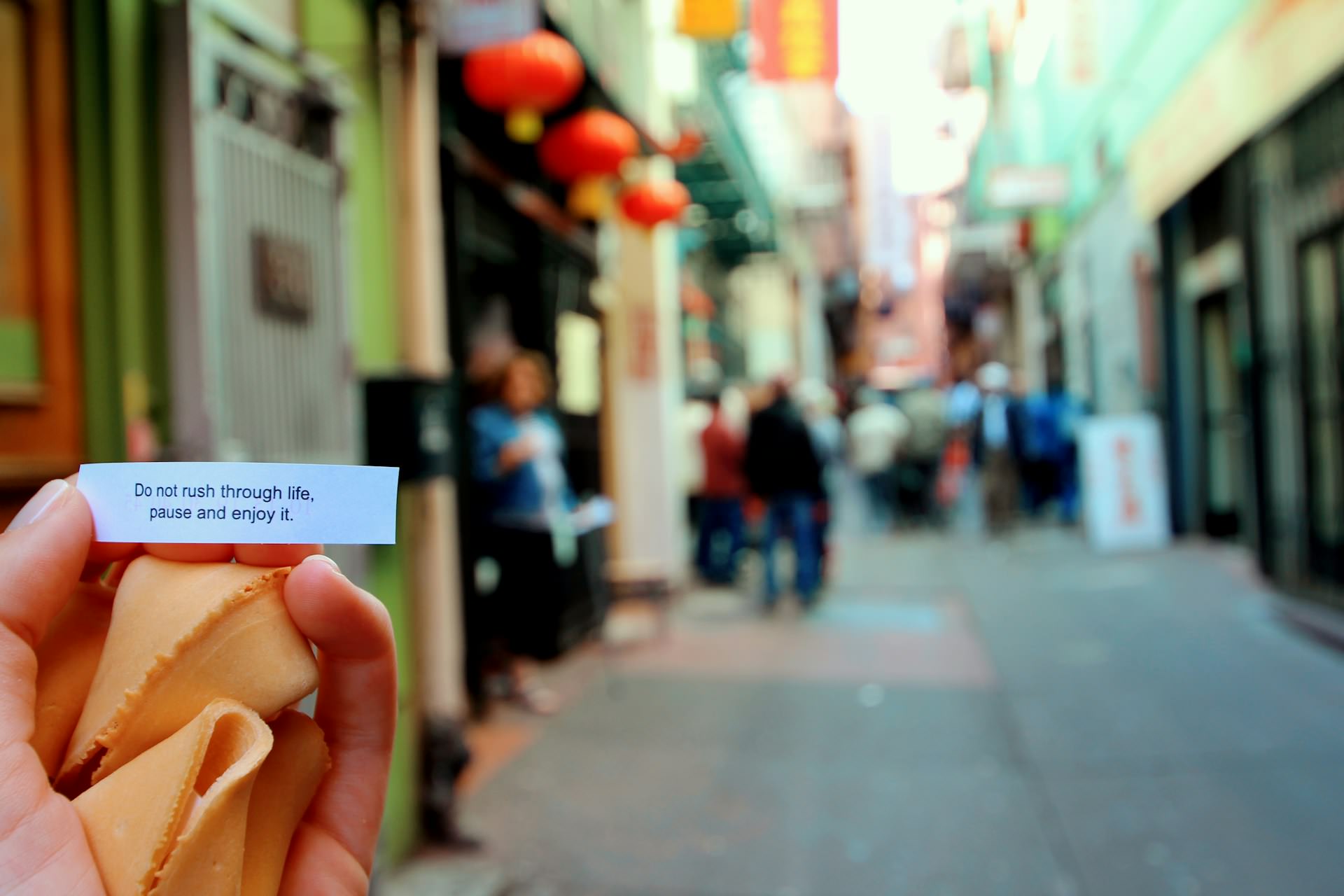
Fortune Cookies: A Japanese-American Fusion
While fortune cookies are often associated with Chinese cuisine, their origins can be traced back to Japan. These crisp, fortune-filled treats are believed to be inspired by the Japanese "tsujiura senbei" or "fortune crackers." It was likely Japanese immigrants who brought this tradition to America, where it was adapted and popularized in Chinese restaurants, becoming an iconic post-meal treat. Mattia Bericchia/Unsplash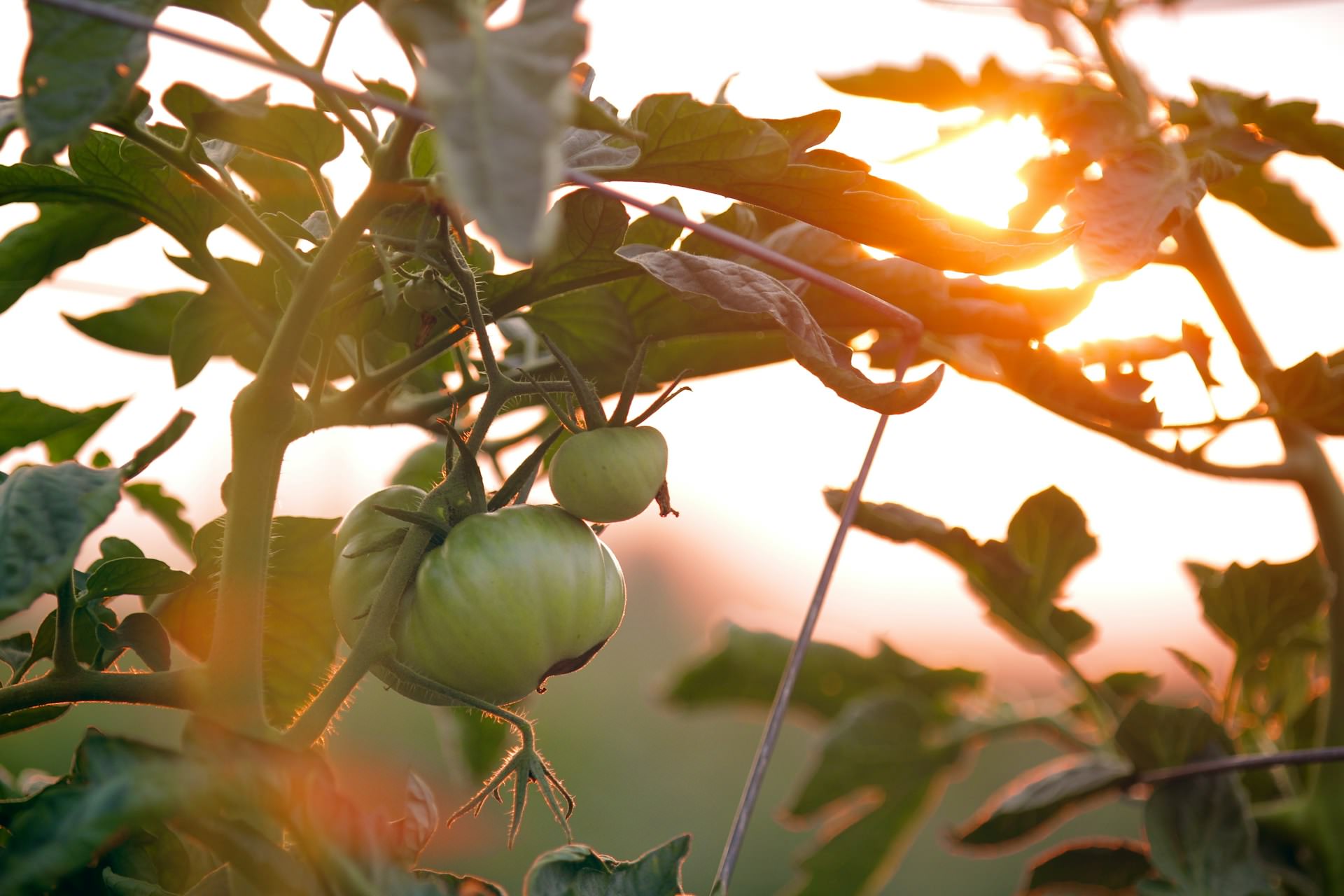
Nightshades: Not as Sinister as They Sound
The term "nightshades" may evoke images of poisonous plants or witchcraft, but the reality is far less ominous. Nightshades are a family of vegetables that include common foods like tomatoes, potatoes, and eggplant. While excessive consumption can be problematic for some individuals, nightshades are generally safe and nutritious when consumed as part of a balanced diet. Chad Stembridge/Unsplash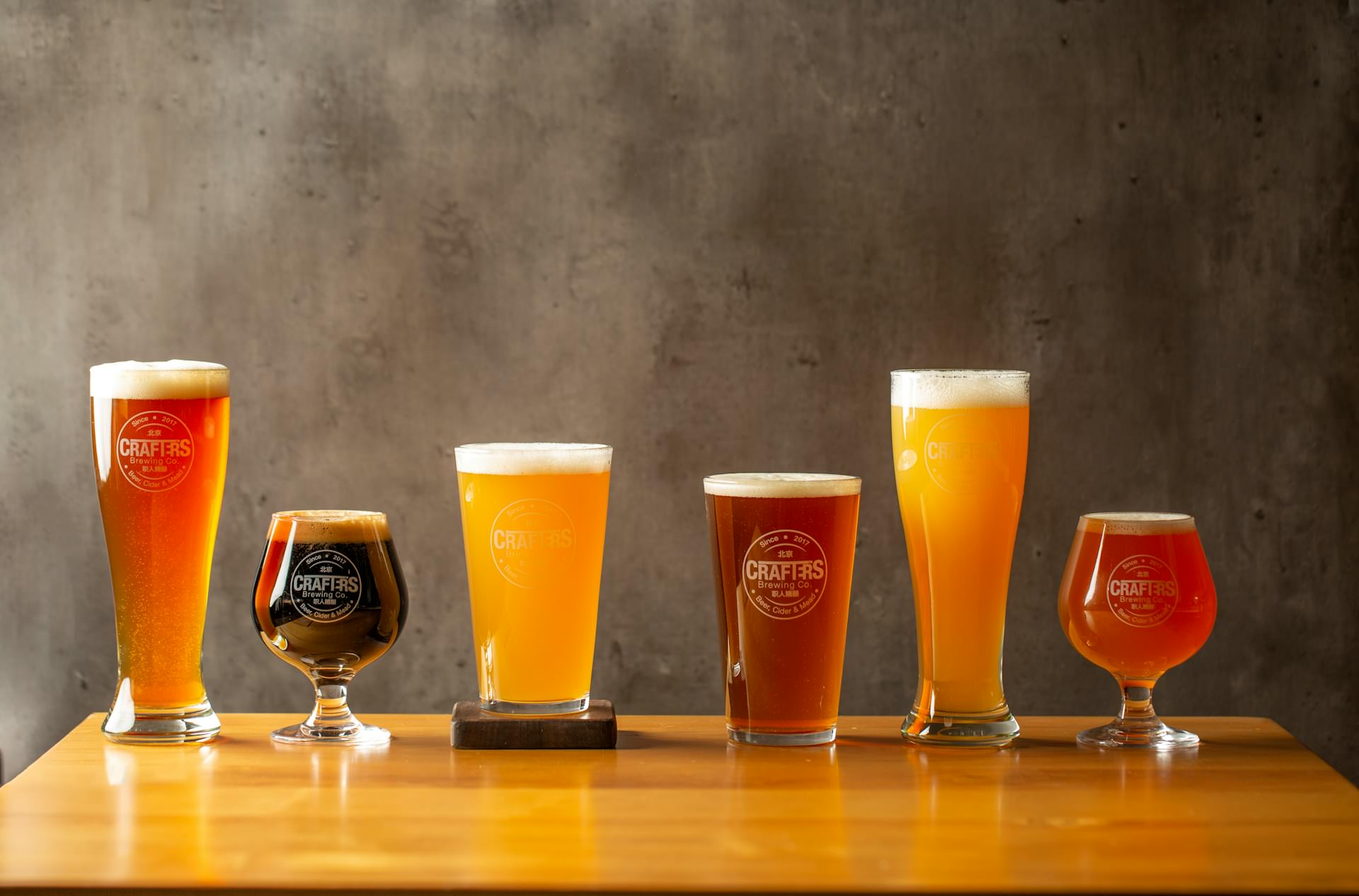
Beer's Resilience to Temperature Changes
Contrary to popular belief, beer can be safely re-chilled after becoming warm. The brewing and distribution process involves multiple temperature fluctuations, so your beer has already endured such changes. Feel free to pop that room-temperature six-pack back in the fridge without fear of "skunking" it. Jon Parry/Unsplash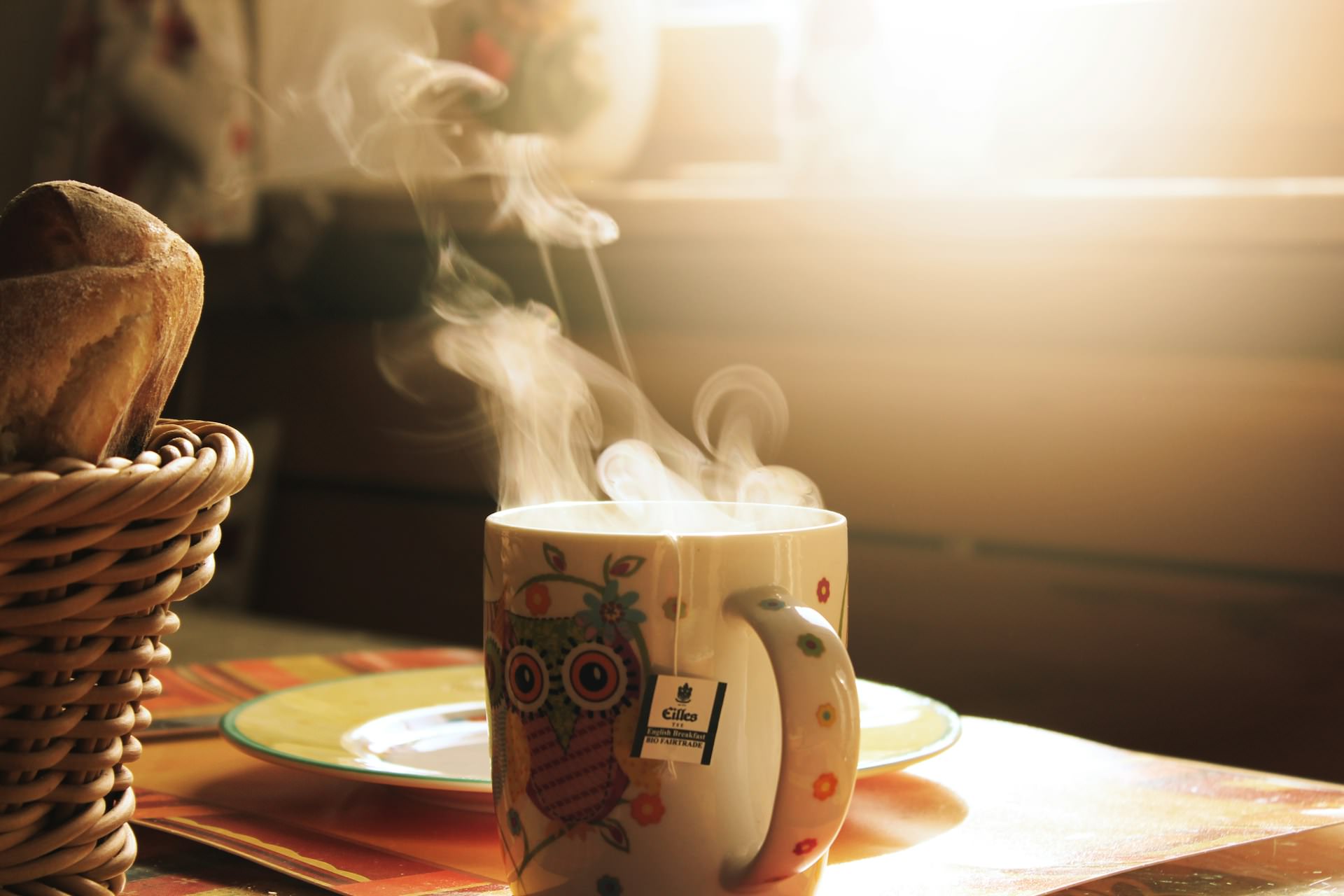
Hot Drinks Don't Cool You Down
While spicy foods can induce perspiration and provide a cooling effect, the same cannot be said for hot beverages. Experts agree that drinking warm liquids will raise your body temperature, not lower it. So, on a sweltering day, reach for an icy beverage instead of a steaming cup of tea or coffee. Julian Hochgesang/Unsplash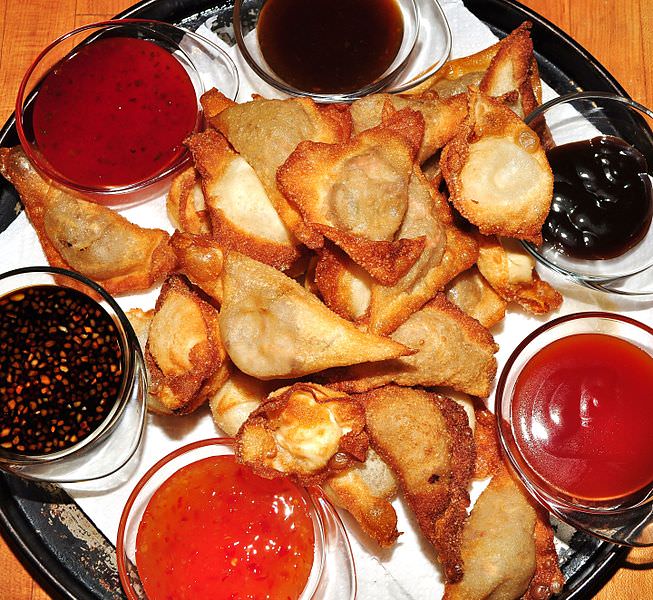
Crab Rangoon's American-Chinese Fusion
While crab rangoon may seem like a quintessential Chinese appetizer, its origins lie in the ingenuity of an American restaurateur. Victor Bergeron, the founder of Trader Vic's, is credited with inventing this deep-fried delight, which combines imitation crab meat, cream cheese, and wonton wrappers. Bergeron's penchant for culinary experimentation led to this unlikely fusion of flavors, which has since become a beloved staple on Chinese-American menus. jeffreyw/Wikimedia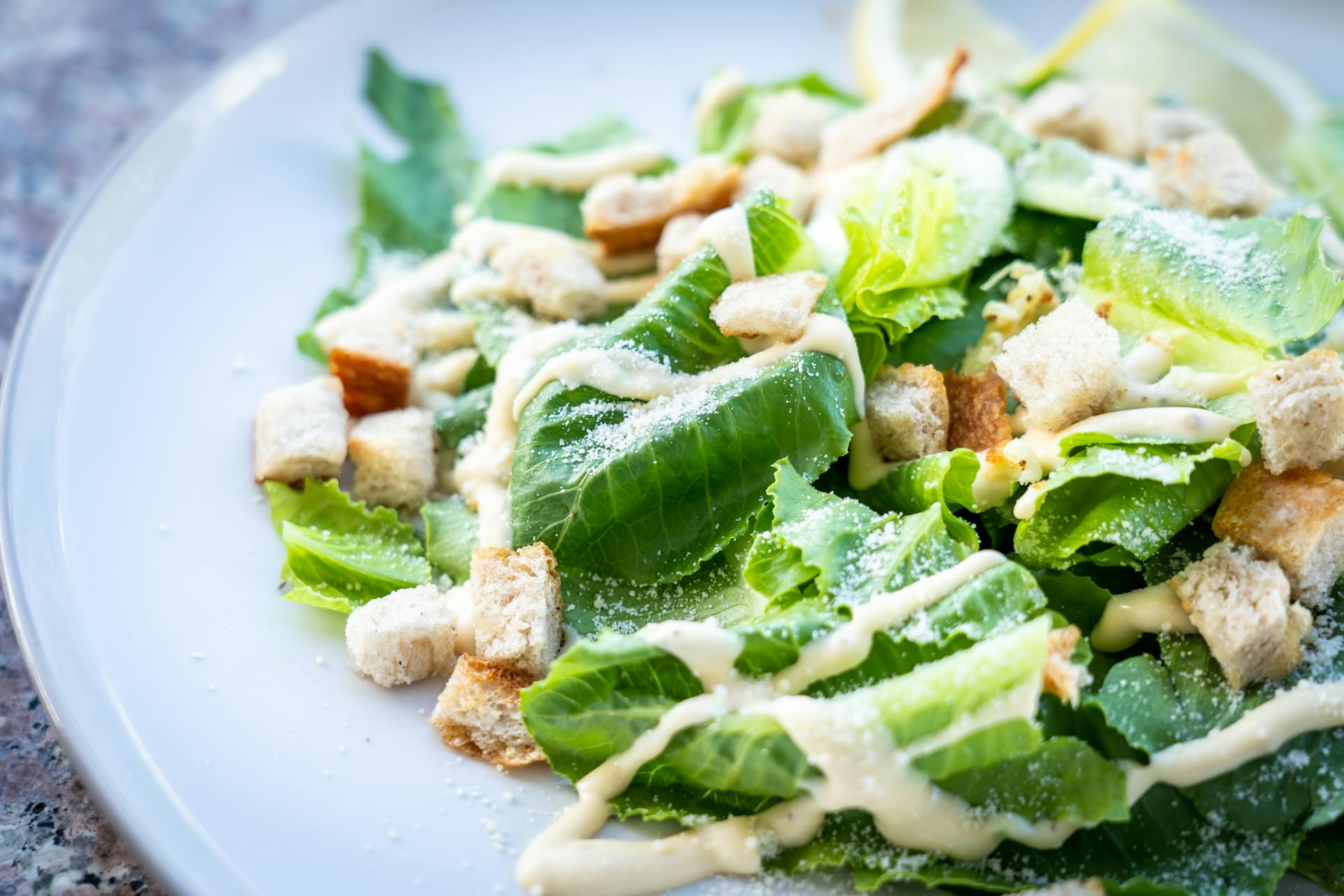
The Real Caesar Behind the Salad
Contrary to popular belief, the Caesar salad was not named after the famous Roman emperor Julius Caesar. Instead, it owes its moniker to Caesar Cardini, an Italian-American restaurateur who first tossed the iconic salad together in Tijuana, Mexico. Originally conceived as a finger food, Cardini's creation of romaine lettuce, croutons, Parmesan cheese, and the signature dressing has become a beloved classic worldwide. Chris Tweten/Unsplash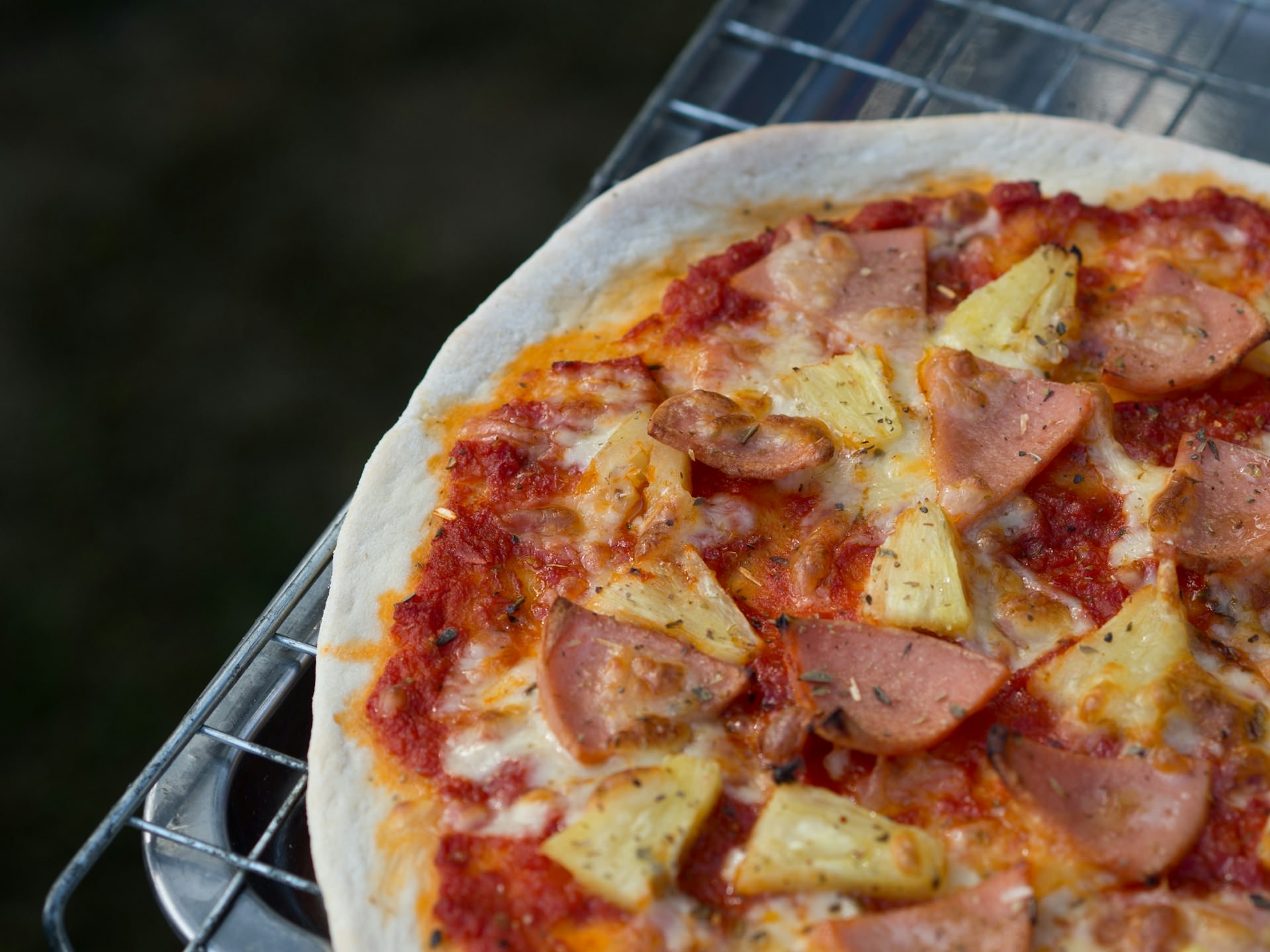
The Canadian Origins of Hawaiian Pizza
The pairing of pineapple and ham on a pizza may conjure up images of tropical Hawaiian flavors, but this controversial combination was actually born in Ontario, Canada. Greek chef Sam Panopoulos is credited with the creation, which he dubbed "Hawaiian Pizza" after the brand of canned pineapple he used as a topping. Despite its name, this pizza's roots are firmly planted in North American soil. bckfwd/Unsplash
Hydration Myths Debunked
The notion that we need to drink eight glasses of water a day is a persistent myth. The truth is that our hydration needs vary based on factors like body size, activity level, and climate. Moreover, we obtain fluids not just from water but also from beverages like tea, coffee, and milk, as well as from the foods we consume. So ditch the obsession with arbitrary water intake goals and listen to your body's thirst cues. Manki Kim/Unsplash